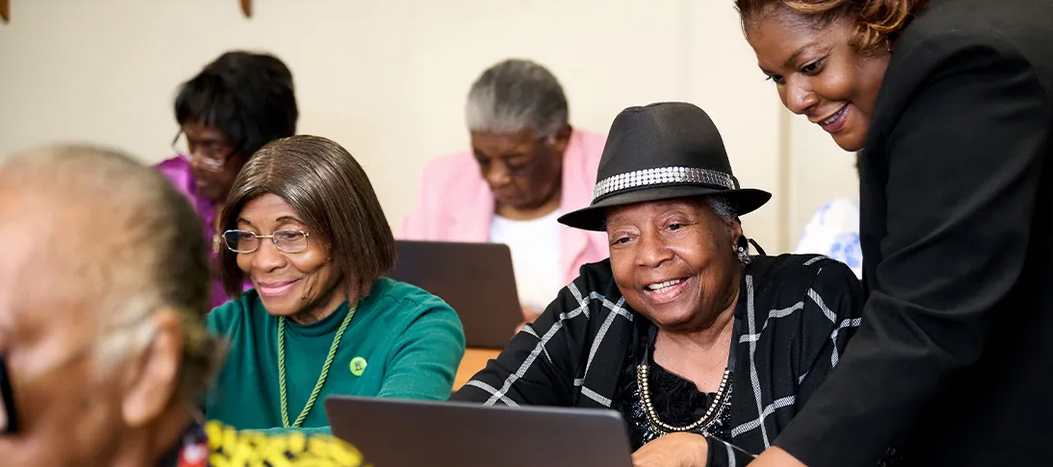Photo: Davidson College
According to a new survey from BestColleges.com, just 39% of college students were asked for input prior to their institution announcing diversity, equity, and inclusion (DEI) commitments.
Out of those given the opportunity, an overwhelming majority (75%) responded to the call to collaborate on DEI plans. A majority (62%) of currently enrolled undergraduates report that they were either not given an opportunity (43%) or were unsure if there had been an opportunity (19%) to provide input before decisions on DEI efforts were made.
Read: “Student Eager To Get Involved In College Diversity Efforts”
“Colleges and universities have a responsibility to meet the expectations of their student body,” said Cobretti Williams, Ph.D., Senior Editor of Diversity, Equity, and Inclusion for BestColleges.com. “Forgetting or failing to include student opinion in something as important as plans for DEI on campus is irresponsible, especially when students are eager to speak on these important issues and their effect on individuals’ sense of belonging.”
When asked what types of commitments their schools have made around DEI, 43% of students reported celebrations such as Juneteenth and Pride were promised, with 38% reporting that their institution has made progress on carrying out those celebrations. Other popular DEI commitments reported by students include expanded resources for underrepresented and marginalized students, staff, and faculty (39%); campus listening tours (29%); and recruitment and retention of diverse faculty (29%).
College students overwhelmingly (73%) believe that the recruitment and retention of diverse faculty is what’s most likely to influence change on campus, and about a quarter (26%) feel their school should work to develop a strategic plan around DEI efforts. There is some uncertainty however, with 35% of students saying they neither agree nor disagree that their school is doing enough in terms of these efforts. A commitment and willingness to participate in campus DEI initiatives was reported by 53% of students, with 46% saying that their peers agree.
Nearly half of students (48%) believe their school should require all students, faculty, and staff to participate in DEI training, and 46% believe their school should require all students to participate in a semester-long course on the history and root causes of the unequal distribution of wealth, opportunities, and privileges in society.
Outside of institutional commitments, 49% of students feel supporting each other in efforts to influence change is best done by encouraging expanded access to resources for underrepresented and marginalized groups. When asked about barriers to supporting other students and influencing change through DEI efforts, 50% of undergraduates reported a lack of student awareness about DEI issues. Other barriers reported by students include difficulty balancing DEI efforts with academic coursework (39%), lack of access to institutional resources (39%), and low levels of support from peers, staff, and/or faculty (35%).
“While awareness of social justice issues has increased among college students, the throughline to DEI efforts made by institutions and organizations may not be as clear,” said Dr. Williams. “Colleges and universities can and should be actively involved in making that connection for their students.”
Methodology
The survey was conducted from July 1-7, 2021. Student respondents were fielded by Lucid LLC. Survey participants included 750 currently enrolled undergraduate students nationwide. Respondents were 18-25 years of age; enrolled at a community college, college, or university; and pursuing an associate or bachelor’s degree. The respondents for the survey were screened by various quality checks, including systems like Relevant ID, and responses were manually reviewed to ensure consistency and accuracy.
BestColleges.com empowers students to make smarter educational decisions and find schools that best fit their needs through proprietary research, user-friendly guides, and hundreds of unique college rankings. As a trusted education advisor, they also provide a wide array of college planning, financial aid, and career resources to help students realize life goals and overcome educational challenges as they prepare for careers after college.








